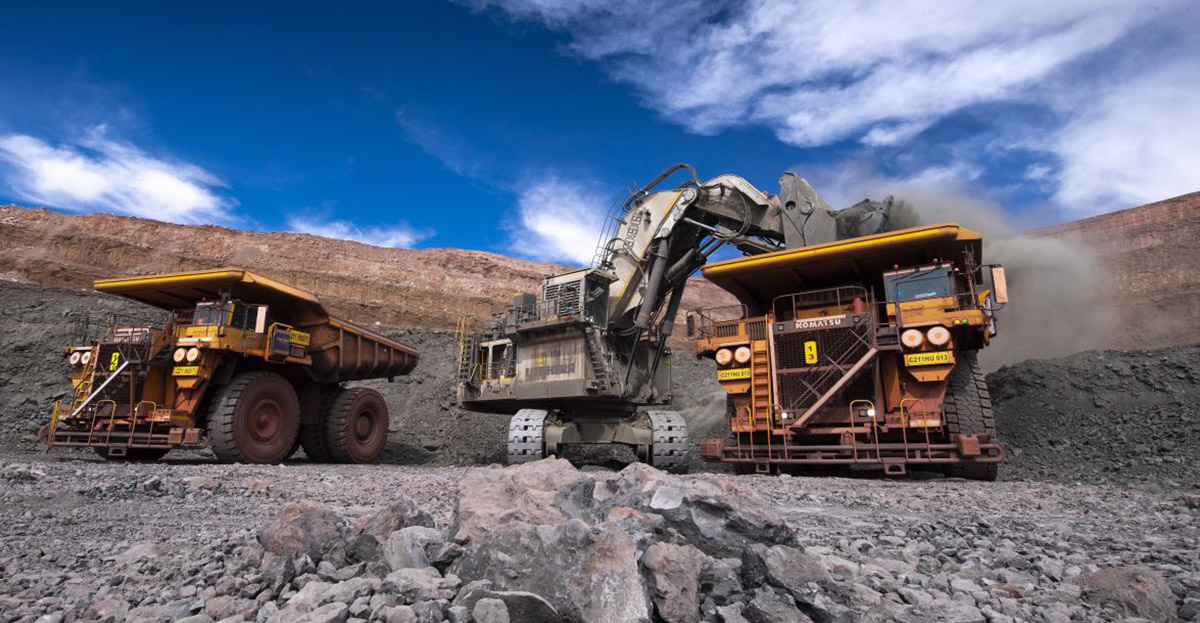
Mining, an essential industry for resource extraction, plays a significant role in global economic development. However, the environmental consequences of mining activities, particularly air pollution, have become a growing concern. This article aims to delve into the adverse effects of mining on air quality, highlighting the various factors contributing to pollution and the potential solutions to mitigate its impact.
- Dust and Particulate Matter Emissions:
Mining operations generate substantial amounts of dust and particulate matter, which pose severe risks to air quality. The excavation, transportation, and processing of minerals release fine particles into the atmosphere, leading to respiratory problems and exacerbating existing health conditions. These particles can travel long distances, affecting both local communities and distant regions. - Release of Toxic Gases:
Mining activities often involve the extraction of minerals from ores through chemical processes, resulting in the release of toxic gases. For instance, the combustion of fossil fuels in mining machinery emits sulfur dioxide (SO2) and nitrogen oxides (NOx), contributing to acid rain and respiratory issues. Additionally, the extraction of certain metals, such as mercury and lead, can release highly toxic gases into the air, posing serious health risks to both humans and wildlife. - Deforestation and Habitat Destruction:
Mining operations often require clearing vast areas of land, leading to deforestation and habitat destruction. The removal of vegetation disrupts the natural balance, reducing the capacity of forests to absorb carbon dioxide (CO2) and release oxygen. Consequently, this contributes to increased greenhouse gas emissions and exacerbates climate change, further deteriorating air quality on a global scale. - Acid Mine Drainage:
One of the most significant environmental concerns associated with mining is acid mine drainage (AMD). When minerals containing sulfide compounds are exposed to air and water during mining activities, they undergo chemical reactions, producing acidic runoff. This acidic water, often laden with heavy metals, can contaminate nearby water bodies, leading to further air pollution through the release of volatile compounds and the formation of harmful aerosols.
Mitigation Strategies:
To address the detrimental effects of mining on air pollution, several strategies can be implemented:
a. Adoption of Cleaner Technologies:
Encouraging the mining industry to invest in cleaner technologies, such as electric-powered machinery and renewable energy sources, can significantly reduce emissions of greenhouse gases and toxic pollutants.
b. Strict Regulatory Frameworks:
Governments and regulatory bodies should enforce stringent environmental regulations and standards for mining operations. This includes monitoring and controlling dust emissions, implementing proper waste management practices, and ensuring the responsible use of chemicals.
c. Environmental Impact Assessments:
Conducting comprehensive environmental impact assessments before approving mining projects can help identify potential risks and develop appropriate mitigation measures. This ensures that mining activities are carried out in a manner that minimizes air pollution and protects ecosystems.
d. Community Engagement and Education:
Engaging local communities and raising awareness about the environmental impacts of mining can foster a sense of responsibility and encourage sustainable practices. This includes promoting reforestation efforts, supporting alternative livelihoods, and advocating for the use of cleaner technologies.
Conclusion:
Mining, while essential for economic growth, has significant detrimental effects on air quality. Dust and particulate matter emissions, release of toxic gases, deforestation, and acid mine drainage all contribute to air pollution, posing risks to human health and the environment. By implementing cleaner technologies, enforcing regulations, conducting impact assessments, and engaging communities, we can work towards a more sustainable mining industry that minimizes its impact on air pollution and preserves the well-being of our planet.

